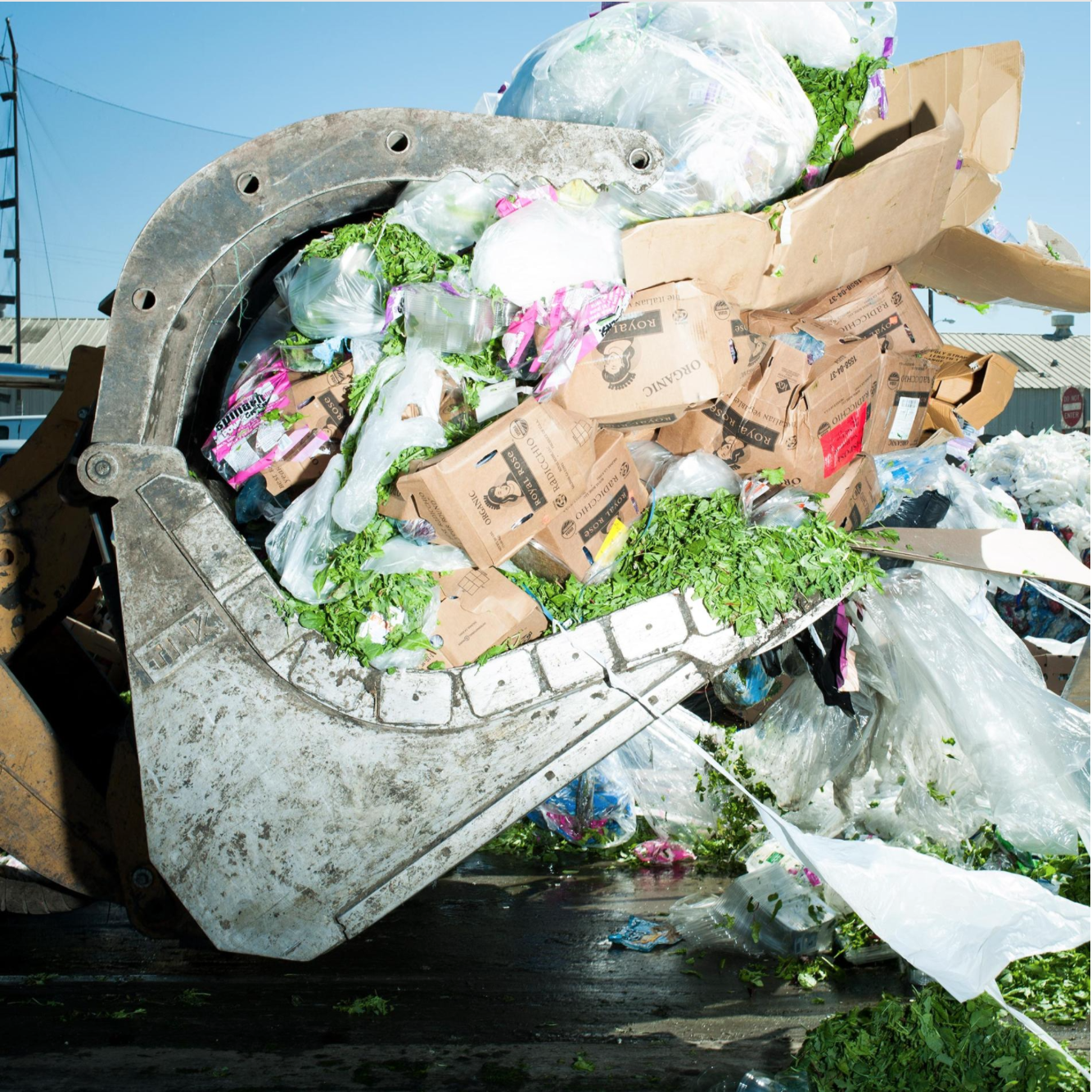
Photo: Brian Finke/NatGeo
Food waste is not only a terrible thing when 15 million U.S. households are food insecure but the one-third of our food supply that we waste is a major contributor to climate change. Yesterday was Stop Foodwaste Day and while most people likely they don’t think they waste THAT much food, more than 80 percent of food waste has been traced to homes and consumer-facing businesses. This issue is also difficult to tackle considering how we live our lives. NatGeo explained that research indicates our problem with food waste stems from the fact that “We have some irrational tendencies, some aspirations that don’t match reality, and some major blind spots. Not to mention busy schedules that don’t always align with when the avocado on the counter finally ripens.”
Dana Gunders, author of the Waste-Free Kitchen Handbook told NatGeo that a big part of the issue is that there isn’t enough awareness, she added that “I think there’s still a disconnect between being aware that this is a global problem and connecting that to what you’re actually doing when you scrape your plate into the garbage.”
Here are some of the leading causes of household food waste in America:
Labels aren’t always accurate, we need to use our own senses:
- Confusion over “best by,” “sell by,” “use by,” and other date labels leads Americans to throw away an estimated $29 billion of safe food every year. Advocates are trying to educate consumers and standardize the labels, which generally aren’t regulated and are often based on quality, not safety.
Perception of our own contribution is skewed:
- A Natural Resources Defense Council study of food waste in several cities found that 76 percent of people think they throw away less food than the average American. Clearly, the math doesn’t add up.
We don’t make as big of an effort to reduce food waste if we compost:
- Ohio State Food Waste Collaborative director Brian Roe explained that “Composting is not a bad thing, but you’d prefer to not create the food waste in the first place. It’s going to have a lot more social and environmental benefits.”
We wait too long to eat leftovers and they often end up going to waste:
- NRDC’s study of food waste in cities found leftovers to be the second most wasted category of food (behind fruits and vegetables).
Why This Matters: A lot of our attitudes about food don’t seem to line up with reality. Everything from how large we think our portion sizes should be to the fact that asking for leftovers at restaurants or events can feel taboo can all lead to demanding a higher supply of food than we actually need. We also have to learn how to shop realistically rather than aspirationally–life gets in the way most weeks which can result in the waste of the fresh produce we bought over the weekend (another reason why frozen veggies are a great item to have on hand!). When it comes to mitigating climate change, Project Drawdown ranks reducing food waste as the third most impactful action we can take, and increasing literacy around food waste is critical. Check out NatGeo journalist Rachael Jackson’s useful website, EatOrToss.com, to get guidance about the food in your fridge and recipes to help you minimize food waste.
Go Deeper: More and more companies and institutions are beginning to seriously address food like Google, hotels around the world and even school districts in places like Indiana.
April 24, 2019 » agriculture, food, food waste, NatGeo, produce


